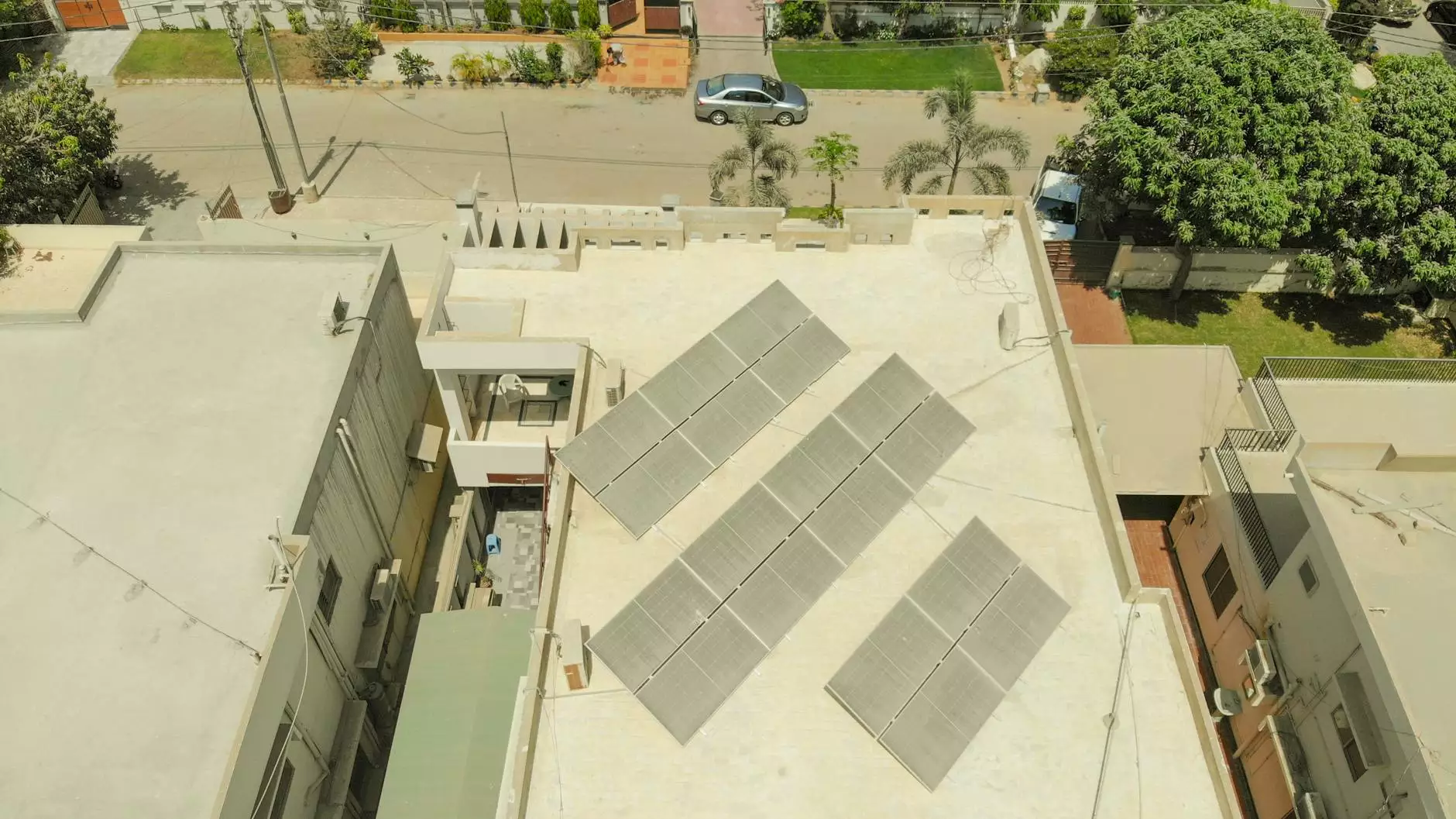Another look at net zero: Zero Energy Buildings

Welcome to Savannah Christian Church - lateChurch, your trusted source of knowledge and inspiration. In this article, we will delve into the fascinating world of net zero and zero energy buildings, exploring their significance in our community and the impact of faith and beliefs on sustainability.
The Concept of Net Zero
Net zero, also known as zero energy, refers to the state in which a building's energy consumption is balanced by the renewable energy it generates. These buildings are designed to minimize energy usage and rely on renewable sources to meet the remaining demand. By striving for net zero, we aim to reduce our carbon footprint and contribute to a sustainable future.
Zero Energy Buildings: A Vision of Sustainability
Zero energy buildings represent the pinnacle of sustainable architecture and design. They are meticulously planned and constructed to maximize energy efficiency while utilizing renewable energy sources to achieve self-sufficiency. By incorporating cutting-edge technologies and innovative design principles, zero energy buildings not only reduce our impact on the environment but also provide comfortable and healthy spaces for their occupants.
The Benefits of Zero Energy Buildings
Zero energy buildings offer a multitude of benefits, extending beyond environmental sustainability. Let's explore some of the key advantages they provide:
- Energy Efficiency: By integrating advanced insulation, efficient HVAC systems, and smart controls, zero energy buildings significantly reduce energy consumption compared to conventional structures.
- Financial Savings: With reduced energy demands, zero energy buildings can lead to lower utility bills for occupants, providing long-term financial benefits.
- Improved Indoor Air Quality: Zero energy buildings prioritize ventilation and air filtration systems, ensuring a healthier and more comfortable indoor environment for occupants.
- Resilience: By utilizing renewable energy sources like solar panels and geothermal systems, zero energy buildings are less reliant on the grid, increasing resilience in the face of power outages.
- Positive Environmental Impact: With reduced carbon emissions and energy consumption, zero energy buildings play a crucial role in combating climate change and preserving natural resources.
Faith, Beliefs, and Sustainability
At Savannah Christian Church - lateChurch, we acknowledge the interconnectedness of faith, beliefs, and sustainability. Our commitment to stewardship of the earth is rooted in our belief that we are entrusted with the responsible care of God's creation.
As a community grounded in faith, we strive to integrate sustainable practices into our daily lives and inspire others to do the same. Our belief in the interconnectedness of all living beings drives us to protect the environment and work towards a more sustainable future for generations to come.
Building a Sustainable Future Together
Join us at Savannah Christian Church - lateChurch as we explore the realm of net zero and zero energy buildings. Together, we can make a positive impact on our community and society, fostering a more sustainable and resilient future.
Experience the power of faith, beliefs, and sustainability coming together under one roof. Together, we can create a world where zero energy buildings are not just a vision but a reality.










